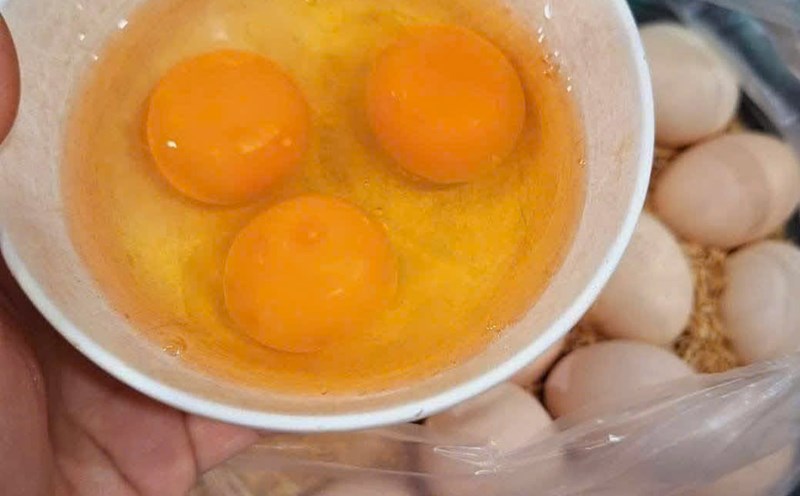Magnesium is an essential mineral that participates in more than 300 enzyme reactions in the body, including many processes related to carbohydrate metabolism and the function of insulin, the hormone responsible for bringing glucose from the blood into cells.
Foods rich in magnesium help control blood sugar effectively:
Pumpkin seeds
Pumpkin seeds are a rich source of magnesium, with about 150mg of magnesium/28g of seeds, accounting for 37% of the recommended daily requirement.
According to research from the Journal of Functional Foods, supplementing pumpkin seeds every day helps improve insulin sensitivity, reduce post-meal blood sugar and lower HbA1c index in people with prediabetes after 12 weeks.
Beans (black beans, red beans, lentils)
100g of cooked beans contain about 50-70mg of magnesium, and are rich in soluble fiber and vegetable protein, which help slow down glucose absorption.
People who regularly consume beans (3-5 times a week) have more stable blood sugar levels and significantly reduce fluctuations after meals.
Dark green leafy vegetables ( Spinach, kale, spinach)
Leafy greens are not only rich in magnesium but also provide vitamin K, antioxidants and folic acid, which are good for blood vessels and glucose metabolism.
A study published in the British Journal of Nutrition shows that people who consume 1-2 cups of green vegetables per day have a 21% lower risk of hyperglycemia than those who eat less vegetables.
Avocado
Each avocado contains about 58mg of magnesium, which is also rich in monounsaturated fat (MUFA), which helps increase insulin sensitivity.
Supplementing avocado 3-4 times a week helps reduce insulin resistance index and improve blood glucose control in middle-aged women at risk of diabetes.
How to use magnesium-rich foods effectively:
Combine magnesium with foods with a low glycemic index (GI<55) such as oats, brown rice, chia seeds.
Divide it equally between main and secondary meals, do not take too much magnesium at the same time (easy to cause digestive disorders).
Limit the use of magnesium as a high-dose dietary supplement without a medical prescription, as it can increase calcium excretion and affect kidney function.











